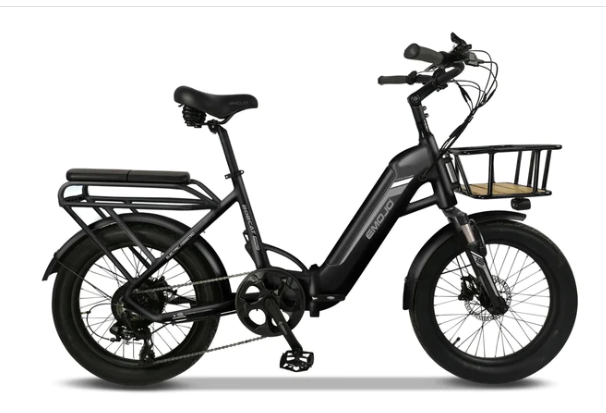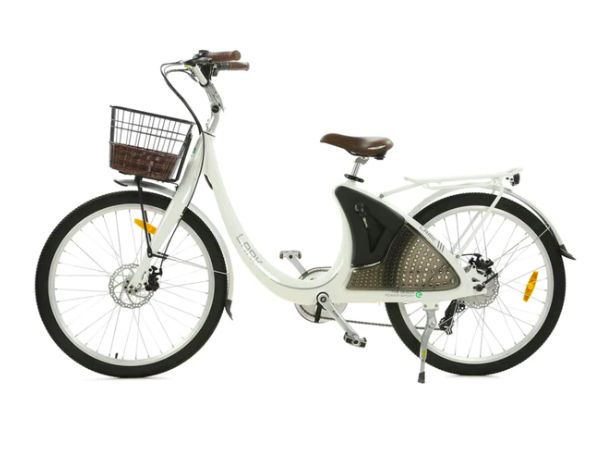
15 common weight loss mistakes.
Trying to reduce weight in a healthy, long-term, and sustainable method may be a challenging task at times since everyone has different demands.
A night out, on the other hand, seems more like a glutinous pastime than a reward when you’re attempting to lose weight.
If you’re watching your weight, you shouldn’t be unable to enjoy a meal at a restaurant with friends and family. It simply means that you must be more mindful of what you eat and how much you consume.
There is no disputing that after you have determined your diet plan, you must adhere to it religiously in order to attain your objectives.
However, there are situations when you are unable to reduce weight despite making healthy lifestyle changes.
Let me tell you about some blunders you may be doing that aren’t benefiting you at all.
- Consuming insufficient fiber.
- Eating excessively, even when not hungry.
- Consuming a light breakfast.
- You do not employ portion control.
- Consuming sugary beverages.
- Excessive fat consumption on a low carb diet
- You’re using too much oil in your cooking.
- Having unreasonable expectations.
- Failure to read labels.
- Not drinking enough water.
- Consuming insufficient veggies
- Starving Yourself
- You’re including unhealthy toppings.
- Excessive or insufficient exercise
- Overexercising, on the other hand, might be harmful.
1.Consuming insufficient fiber.

A low fiber diet may sabotage your weight reduction attempts as well as your general health.
According to research, viscous fiber, a kind of soluble fiber, can lower hunger by producing a gel that stores water. This gel goes slowly through your digestive tract, giving you the sensation of being full.
According to research, all forms of fiber may aid in weight loss. A review of numerous research, however, discovered that viscous fiber lowered weight and waist circumference even when not on a calorie-restricted diet.
While research is ongoing, fiber appears to interact with gut microorganisms, generating hormones that help you feel full.
Furthermore, fiber may lower the risk of some chronic illnesses and improve digestion.
2. Eating excessively, even when not hungry.

For many years, conventional wisdom advised eating every few hours to avoid hunger and a reduction in metabolism.
This, however, may result in you ingesting more calories than your body requires during the day. You may also never feel entirely satisfied.
According to one study, eating only two to three meals a day may result in less inflammation and a lower risk of weight gain.
3. Consuming a light breakfast
For a reason, breakfast is regarded as the most essential meal of the day. However, we are usually in a hurry to get to work or college, which causes us to skip breakfast. Skipping breakfast can lead to cravings and overeating throughout the day. As a result, eat a protein-rich, substantial breakfast.
4. You do not employ portion control.
While it is recommended that you consume everything even if you want to lose weight, portion management is essential. This also applies to healthy equivalents; just because some food types are good does not imply you should overindulge in them. Make sure you know your calorie count and can effectively limit your portion size.
5. Consuming sugary beverages

To reduce weight, many people eliminate soft drinks and other sugary beverages from their diet. Reducing your intake of sugary drinks is also a healthy decision in general.
However, drinking fruit juice instead is not always preferable.
Even 100% fruit juice is high in sugar and, like sugar-sweetened drinks, can cause health issues and obesity.
6. Excessive fat consumption on a low carb diet
Ketogenic and low carbohydrate diets can be quite beneficial for weight loss in certain people.
According to studies, they lower hunger, which often results in a spontaneous reduction in calorie consumption.
Many low carbohydrate and ketogenic diets allow for unlimited quantities of fat, anticipating that the consequent hunger suppression would keep calories low enough to allow for weight reduction.
Some people, however, may not receive a strong enough signal to cease eating. As a result, people may consume too many calories to maintain a calorie deficit.
If you consume a lot of fat in your food or beverages and aren’t losing weight, you may consider cutting back on your fat consumption.
7. You’re using too much oil in your cooking.

The type of oil you use and how much you use might have an unnoticed influence on your weight reduction objectives.
Oil is one of those elements that dramatically and quickly increases the calorie density of a dish.
You can cut your oil consumption—and hence your calorie consumption—by calculating out how much you want to use, which can make a difference if this is something you do on a regular basis, or by getting an oil spray can to use instead of pouring oil from a bottle.
Cooking without oil is also an alternative. “For example, while sautéing vegetables, it is typical to start with extra virgin olive oil or butter.”
8. Having unreasonable expectations
Setting weight reduction and other health-related objectives might help you stay motivated.
Unrealistic expectations, on the other hand, are prevalent and can work against you.
According to one research, the great majority of participants intended to drop more than 10% of their body weight, which the authors deemed unreasonable. According to research, failing to meet weight reduction objectives is related with unhappiness and future difficulties reducing weight.
If you want to lose weight, consider something achievable, such as a 5% or 10% weight loss at a rate of 1 or 2 pounds each week. This may help you accomplish your goal while losing weight at a healthy rate.
9. Failure to read labels

You may eat unnecessary calories and harmful components if you overlook or misunderstand label information.
This is easier than it appears because many goods are branded on the front of the packaging with healthy-sounding food promises. These may lead to incorrect assumptions about the contents of certain things.
Look at the ingredients list and nutrition facts label on the back of the container to receive the most complete information about your meal.
10. Not drinking enough water.

Drinking plenty of water is one of the greatest strategies to maintain a healthy metabolism and digestive system. To maintain a healthy gastrointestinal system, drink at least four glasses of water first thing in the morning.
11. Consuming insufficient veggies

Vegetables are nutrient-dense, low-calorie alternatives to other foods. They are extremely nutritious and healthful, thus include them in your regular diet is essential.
12. Starving Yourself
Your diet should be structured such that you eat at least five times each day in a healthy manner. If you are starving yourself in order to lose weight, you may be mistaken. Starvation makes you desire to eat more or overeat, which increases your risk of obesity. Never deprive yourself of necessary nutrients in order to lose weight in a healthy manner.
13. You’re including unhealthy toppings.

We sometimes add our favorite condiments to our dishes to improve the flavor, but according to D’Angelo, consistently adding certain condiments might be a key error that prevents you from losing weight.
Adding syrup to your pancakes in the morning, for example, may taste delicious at the time, but the extra sugar will set the tone for the rest of your day, encouraging your body to need more sugar.
Other examples include adding barbeque sauce or ketchup to a lunch or supper meal, putting ‘low-fat’ dressing on a salad, putting mayonnaise on a sandwich, or putting teriyaki sauce on chicken.
14. Excessive or insufficient exercise
You will undoubtedly lose some muscle mass as well as fat during weight loss, however the quantity varies on a number of factors.
If you don’t exercise at all while reducing calories, you’re more likely to lose muscle mass and have a lower metabolic rate.
Exercising, on the other hand, may be beneficial:
reduce the amount of lean mass lost
enhance fat loss
keep your metabolism from slowing
The more lean mass you have, the easier it is to lose weight and keep it off. Just biking daily to work or commuting on an e-bike is very helpful with weight loss journey.
15. Overexercising, on the other hand, might be harmful.
Excessive exercise, according to studies, is unsustainable in the long run for most individuals and may cause stress. Furthermore, it may have an adverse effect on endocrine hormones, which assist control processes throughout the body.
Exercising excessively to urge your body to burn more calories is neither productive nor healthful.
Lifting weights and performing cardio multiple times per week, on the other hand, can be a long-term approach for maintaining metabolic rate while losing weight.
Best E-bikes For Weight Loss.

Nakto 300W Mini Cruiser Fat Tire Electric Bike

Nakto Super Cruiser Fat Tire Electric Bike

Michael Blast 350/500W T4B – Greaser Cafe Style Electric Bike

AddMotor 750W MOTAN M-66 R7 Step-Thru Electric Fat Bike Mini Moped Motorbike





















